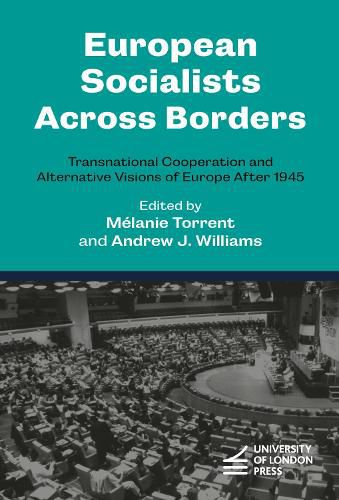From postwar debates on institutionalised cooperation in Western Europe to the ambitions of the European Union in the post-Cold War era, this volume investigates the impact of socialist networks on European construction and integration, and the role of European socialism in international (dis)orders. It assesses how socialist networks were influenced by relations with socialist parties and groups outside Europe, and how they navigated local, national and global politics. Collectively, the chapters explore four main areas: the relationship between the ideals of European cooperation and daily, routine and domestic politics; the shifting definitions of political elites and popular understandings of Europe, including the influence of people of African, Caribbean and Asian descent on the transformation of socialist thought, policies and practices in the European (ex-) imperial powers; the extent to which European socialists attempted to propose a postcolonial, postimperial agenda for Europe; and how European institutions were used, and with what results, by socialists and their contacts.
Reflecting on the successes and failures of transnational processes of socialisation, the role of cultural intermediaries and bridge-builders, and the reasons behind misunderstandings, failed projects and missed opportunities for peace and equality, the book examines how socialist politicians and activists conceived of Europe's role in worldmaking in the transition out of conflict and empire. In doing so, the volume contributes to a better understanding of, and support for, cooperation across borders.





